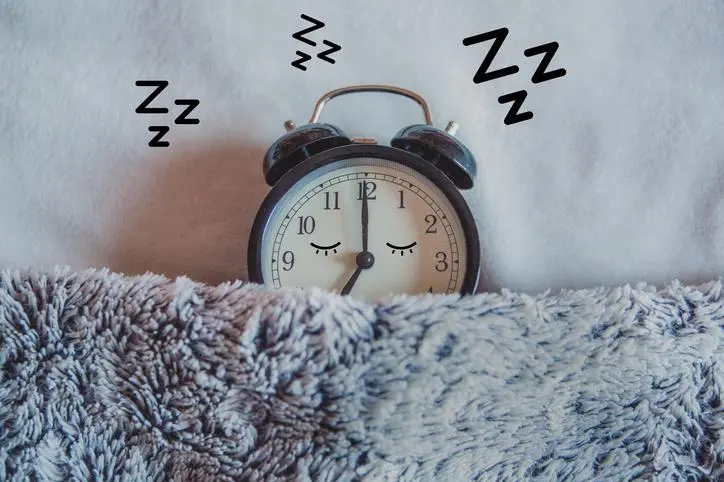PHOTO
In a world where so many of us are struggling to get enough sleep, the issue of sleeping too much might seem like a luxury problem.
It's actually not. Like insufficient sleep, oversleeping is a sign of disordered sleep. It may be connected to a mental health issue such as depression. It's often a signal that a person is experiencing poor sleep quality, and it can be a sign of a clinical sleep disorder, including obstructive sleep apnea or narcolepsy.
Sleeping too much is linked with many of the same health risks as sleeping too little, including heart disease, metabolic problems such as diabetes and obesity, and cognitive issues including difficulty with memory. Similar to people who sleep too little, people who sleep too much have higher overall mortality risks.
We talk a lot about insufficient sleep, and the risks that a lack of sleep poses for physical health, mood, relationships, and performance. But oversleeping isn't something to ignore.
Hypersomnia is the clinical term for excessive sleeping and excessive sleepiness during the day. Like its counterpart insomnia, hypersomnia has several core symptoms:
. Sleeping for extended hours at night (typically well beyond the 8-hour norm)
. Difficulty waking up in the morning (including sleeping through an alarm)
. Trouble rising from bed and starting the day
. Grogginess on and off or consistently throughout the day
. Trouble concentrating
What I'm not talking about here is the once-in-a-blue-moon night of extra sleep you might need after coming up unexpectedly short on sleep. That happens to everyone. If you're making consistency a priority in your sleep routine, it shouldn't happen often.
Oversleeping and depression
Particularly among younger adults and teenagers, oversleeping can be a signal of depression. It can be tough to gauge teens' sleep because they typically have very different sleep patterns than we adults do. But excessive sleepiness and sleeping in teens and young adults can be a red flag. An estimated 40 per cent or more of adults under 30 with depression experience hypersomnia.
Oversleeping is not only an issue among young people with depression. Among older adults, symptoms of insomnia may be more common. But many older adults also experience hypersomnia in connection with depression. Women, in particular, may be more likely to oversleep and feel excessively tired during the day if they are depressed.
It's also important to remember that among people with depression, sleep difficulties often take shifting, variable forms. People with depression may experience symptoms of both insomnia and hypersomnia.
How to deal with it
It's important to talk with your doctor if you're sleeping excessively or feeling very tired during the day regardless of how much you sleep. If you notice changes to your sleep patterns and sleep needs, including an uptick in your level of tiredness or the amount you're sleeping, that's information to share with your physician. When you identify the underlying cause, you can work to address both that condition and your oversleeping.
Avoid becoming sleep deprived and accruing a large sleep debt. Our bodies will seek the sleep they need. Going with too little sleep will put you in a situation where you're periodically oversleeping to compensate. These irregular sleep patterns aren't healthy for your body or mind.
Consistency is the most important element of a strong, health-promoting sleep routine. Identify the right amount of sleep you need then set up a schedule that enables you to meet that need routinely. It can take a bit of trial and error to get the amount right.
Michael J Breus is a clinical psychologist and a diplomate of American Board of Sleep Medicine
Copyright © 2019 Khaleej Times. All Rights Reserved. Provided by SyndiGate Media Inc. (Syndigate.info).





















